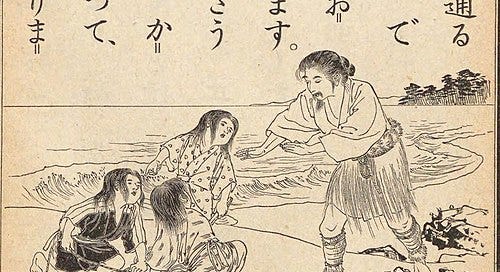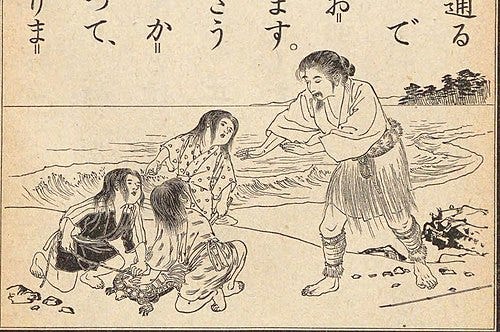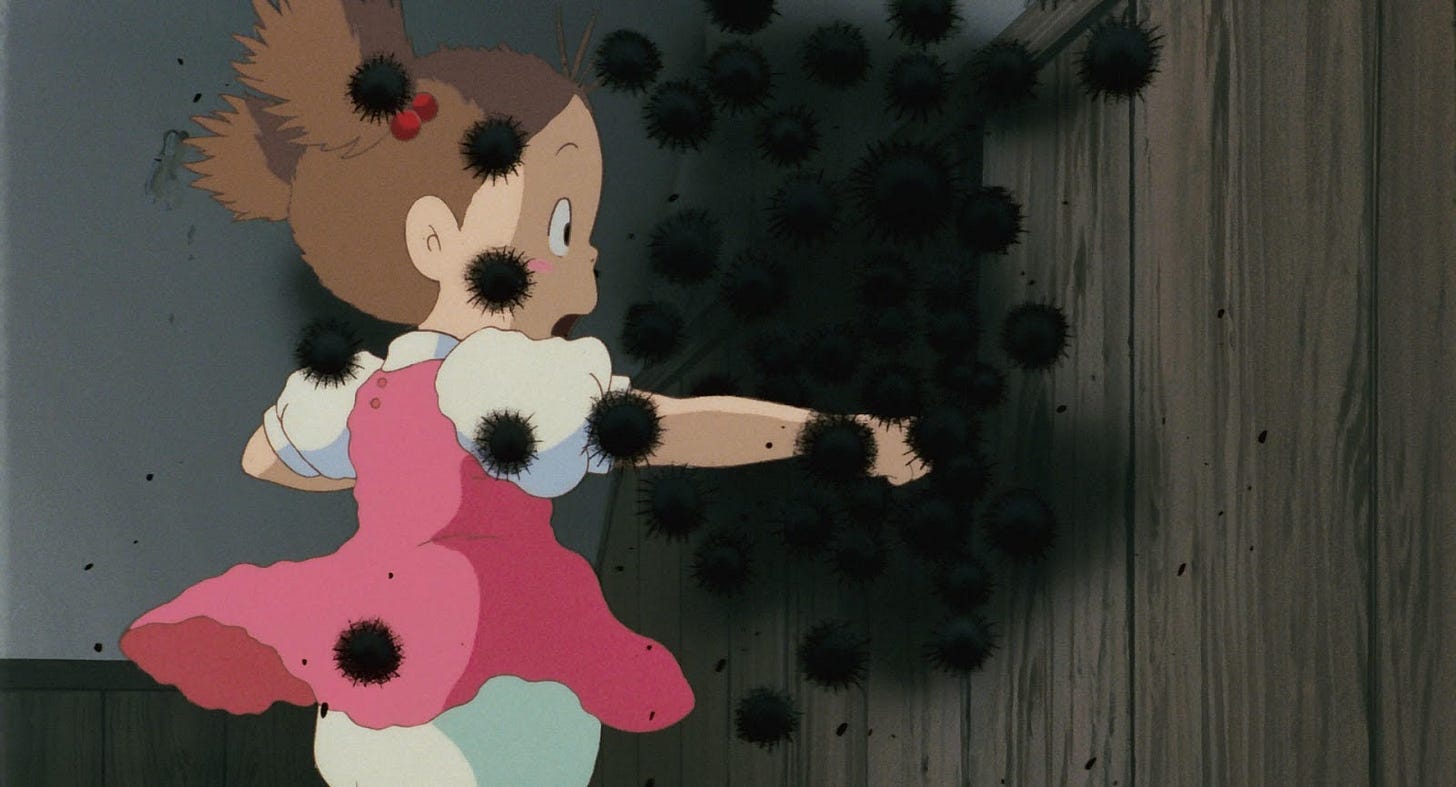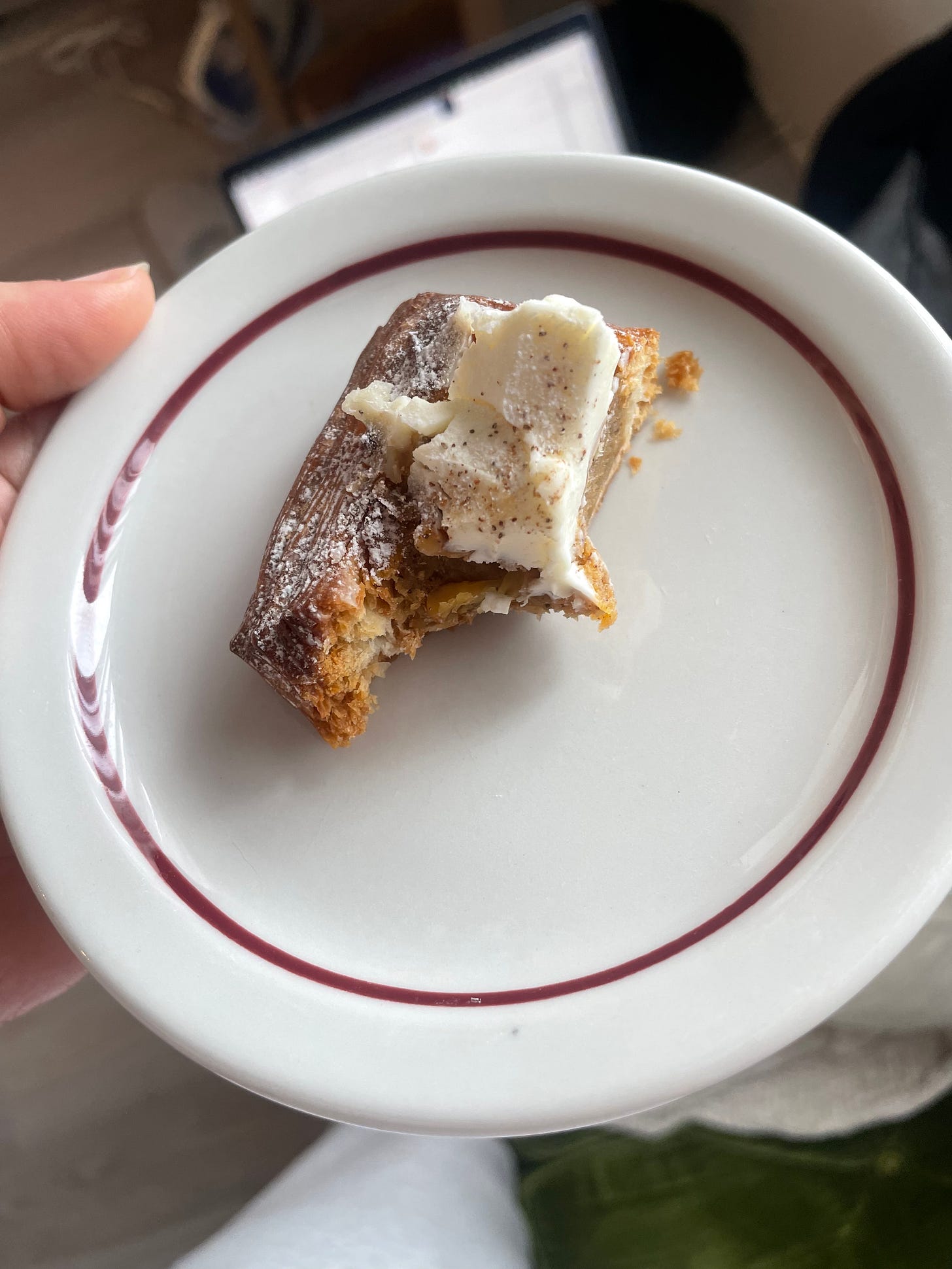English as your second language
Some pics of the week here and there, and reading material to click on
Why hello! I missed last week’s newsletter because I said yes to a job that popped up out of nowhere. I’m grateful that people think of me but alas, when I take labor heavy jobs, it takes me a while to recover from it. Hence, I missed my newsletter last week but here I am <3 I recently added to my Instagram bio, this is a “locally raging newsletter” so I had to deliver at some point.
If you would like to dive into a topic with me that I’ve been thinking about lately on English as your second language (but actually not in my case?) and how language is so tied to your personal life story and experiences, and maybe a little about translation — then keep on reading :)
A couple weeks ago, I was playing a board game with my boyfriend and some of our American friends. I felt a sense of defeat. I did lose the game but that wasn’t why. I felt inadequate and it was a familiar feeling but it took me a while to process where this inadequacy was coming from. It was the same feeling I’ve felt when I didn’t understand the rules for this card game I was playing last summer and the instructions were given to me in English. It took me time to understand it, but I also felt embarrassed to not have understood it more quickly. I used to feel this all the time when my American cousins asked me to play with them. I was scared to say yes because that would mean I had to understand the instructions in English. This made me a more shy kid when I was growing up because I wanted to avoid any shame. I wanted to understand what they were teaching me, and this became fuel to my brain to speak better English.

English isn’t my first language, or that’s what I’ve been telling people. Perhaps defining what first language is relevant here. First language — also known as mother tongue or native language — refers to the language the person acquires first. There are some key elements that define this ‘acquiring.’ According to linguists, the most important thing to remember about a first language is that acquiring happens naturally. No conscious effort is needed, and this is often the language that you are exposed to by parents or caregivers. While I was browsing through the web, I found a sociolinguist (which is a study that is so up my alley I realized), Joshua Fishman. His research was predominantly on the “importance of community involvement in maintaining linguistic diversity and the social implications of language loss.” Side note, I am so interested to look into any study, if there are any, on Ainu and Ryukyu people. He has a lot of fascinating studies, but one was about language and identity. Fishman argues that language plays a vital role in shaping cultural and ethnic identities. More, language plays a significant role in culture and social identity. This isn’t that surprising to me as someone who speaks two languages proficiently and switches to ‘different identities’ depending on the language I speak — but I feel like this is lost on many of us.
As I’m understanding the definition of first languages, I was like well what if I acquired two languages without really studying them both? What if I just acquired both Japanese and English naturally? My parents were a diligent couple. They were very careful and mindful to expose me with two languages at all times and I’ve acquired both, seemingly naturally. I have heard though once from my mom that when I was three or four, my Japanese wasn’t as good so before they put me into kindergarten, they thought it was a good idea to have me learn or to be exposed to Japanese at a nursery first. I unfortunately have zero recollection of this time of my life.
There is such a thing as having two or more first languages and it’s called simultaneous bilingualism. Amazing, I can now put words to my ‘phenomenon’ and write in my resume that I was born simultaneously bilingual! (jokes but maybe?) There’s a few questions that people love to ask when one is bilingual; Which language do you feel more comfortable in?; Which language can you express yourself more in? ; The best one is which language do you dream in?
Unfortunately, there is no short answer to any of these and I end up explaining to people what they probably don’t wish for as a straightforward answer, I would tell them, context matters.
But why would I have a straightforward answer to something that feels extremely complicated and indescribable. Ironically, it doesn’t feel like any language in the world can explain my familiarity with a language or a lack of there of. It’s all about the in-betweenness for me. To switch between two languages simultaneously —perhaps even unconsciously— while each language also reflects my behavior and role in society? It’s a tricky one to comprehend unless you don’t have a lived experience of it and even if you do, I’m sort of lost for words, funnily enough.
These are subtle clues that I sometimes think English isn’t my most confident language and Japanese is perhaps my native tongue. I tell people that Japanese is my first language. I prefer reading instructions in Japanese. My comprehension level is so much different if I do. I would change the language from English to Japanese for things that require attention like hotel bookings or flight information. I read Japanese books so much faster than English ones. I enjoy Japanese recipes much more because I can memorize each column if it's written in Japanese rather than in English. Grammar is a tough one for both languages. Especially with English, I learned to speak it first and never paid so much attention in English classes because I will just write down the answers that sound correct in spoken language. Behind the scenes of every essay I write, I have to read my sentences out loud to make sure it sounds right. As a writer, this is embarrassing to admit, but so far when it comes to published work, I have been blessed by editors who will fix my inaccurate grammar. This might not be something they enjoy doing, but I appreciate it immensely. Hence, I apologize if my newsletter is filled with grammatical errors. I try my best, but I know it’s not perfect.
There are times when I feel estranged from both languages, English in particular and as you can imagine, that estrangement confuses me. Even as someone who is used to writing in English and calibrating my thoughts in English, it feels like a far away language I haven’t familiarized myself with yet. When I don’t understand instructions in English, I torment myself that my English isn’t perfect. When my boyfriend corrects my grammar in the most kind way possible, I feel inadequate and draw ridiculous conclusions that I shouldn't be writing in English. As for Japanese, when I am writing Japanese copy or articles for brands, I will get notes on grammar. I lost the appetite to help people who need translation. I never tried to write in Japanese and I never know why. Some of my early journal entries are written in Japanese but not entirely. I often rely on English for a more free form. I sat down and wrote an essay in Japanese this February for the first time. I wrote 3000 words in an hour. I surprised myself. I told my friends about it and they all seemed unsurprised. “Of course you can write in Japanese! You are a native speaker.” *If anyone is interested, I haven’t been keeping up with the practice but I have a note <3
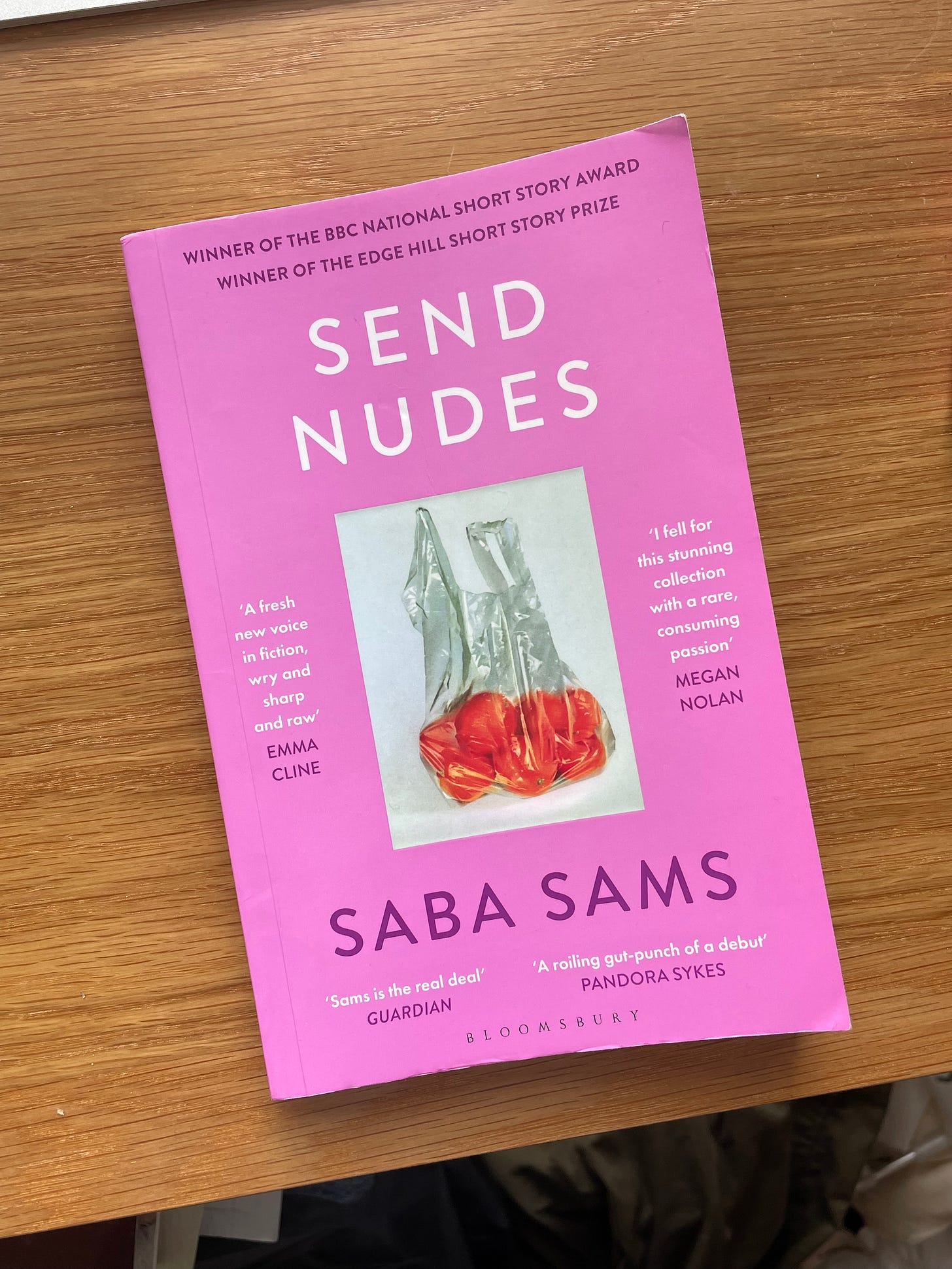
I have once received advice from someone when I had them review my Japanese copy. “Grammar aside, this translation doesn’t reflect how people actually speak.” In hindsight, this feedback was a reckoning to me because public speaking is one of my best attributes. I speak the most clearly than anyone I know and I use words— intentional words —to communicate with people. I was good at sales working in tech for a reason. People appreciated me for my eloquent speech. I should know best how people actually speak because I’m quite the judge myself when people don’t make sense verbally. I also realized that I’m a great translator if it’s spoken. It didn’t make sense to me that I can’t be a great translator in written form too. My writer’s life sort of can be categorized to that comment; pre feedback and post feedback. It changed my attitude for the best because there was no way that I wouldn’t know how to write when my speaking voice is pretty good.
I sometimes feel like I’m not perfect in either language, Japanese or English. I haven’t mastered either and that gave me a lot of anxiety as a writer. I just thought that I’m blessed enough to acquire two languages without a lot of effort. Now, I have been trying to find my writing voice both in English and Japanese. I have a lot of faith in myself because my intentions have shifted from wanting to be perfect from stay learning in progress. I’ve self taught myself this much already, there’s so much more room to study and be better at the craft.
When talking about first language, translation and what language means to us, Jhumpa Lahari is a graceful teacher to us all. I love her work so much and for writers, she often talks about the essence of language and what it means to her, so if you find that sort of stuff interesting, you’ll like her stuff. I love this piece on her relationship with Italian and English.
In Italian I write without style, in a primitive way. I’m always uncertain. My sole intention, along with a blind but sincere faith, is to be understood, and to understand myself.
This idea of understanding yourself through a different language is fascinating to me and one that I can relate to. I recently watched a video of a sea turtle being rescued from tangled wires by some fishermen. A Japanese person commented on the video referring to Urashima Tarō, a well-known Japanese folktale.
In the story, the protagonist Tarō saves a sea turtle from bullies. There’s a common belief in Japan that if you do something kind for a turtle, it will return a favor. We call this 恩返し(ongaeshi), which means repaying kindness. Every country has its own folktales that everyone feels attached to, but this one feels very unique to Japan and I feel a sense of familiarity to it. It makes me realize how as a culture, we cherish life and beings, that spirits are in everything —a philosophy Ghibli is also faithful to. At the end of the day, dust bunnies even have a spirit.
To me, language is heritage, culture, identity and most importantly to me at least, personal. I’ve been a very eager student of writing and language recently and the more I know, there is so much understanding that needs my attention. I would love to exchange stories on your relationship with language, especially if you have two or more languages that you speak.
Things I read and stuff I enjoyed
After reading this interview, I immediately added Grounds-Keeping by Lee Cole to my to read pile! How he describes the Southern culture and the Metropolis lifestyle is so interesting.
I loved this piece by Lena Dunham on her relationship with NewYork. It’s so true this quote ;
It turns out that I felt about New York City the same way so many New Yorkers feel about whatever place they started: it’s just where I was born.
This is how I feel about Japan often.
Part of the reason I wanted to write today’s piece is because of this
post on Literature in Translation with Lauren Elkin. I love translation talk and it is amazing to know that a lot of books now are being translated and anglophone readers are wanting to read more international books.Have I told you I finally watched Your Name (2016) ?? I didn’t cry like that in so long over a movie. I tend steer clear of anime because I hesitate that it might be too … for a lack of a better word white-people-coded — but this one absolutely proved me wrong.
I’m mostly a loving gate keeper, but this place that I recently found in Daikanyama is so fab i had to share. It’s been around for ages I’m sure, but it was tucked away in a place I have never seen before. Amazing creamy custard that they fill in for you right there into their puffs, beautiful seasonal danishes — the carrot cake danish was calling my name. Oh yes, it’s called Laekker
Thank you guys x and see you next weeeeeek x Megumi
